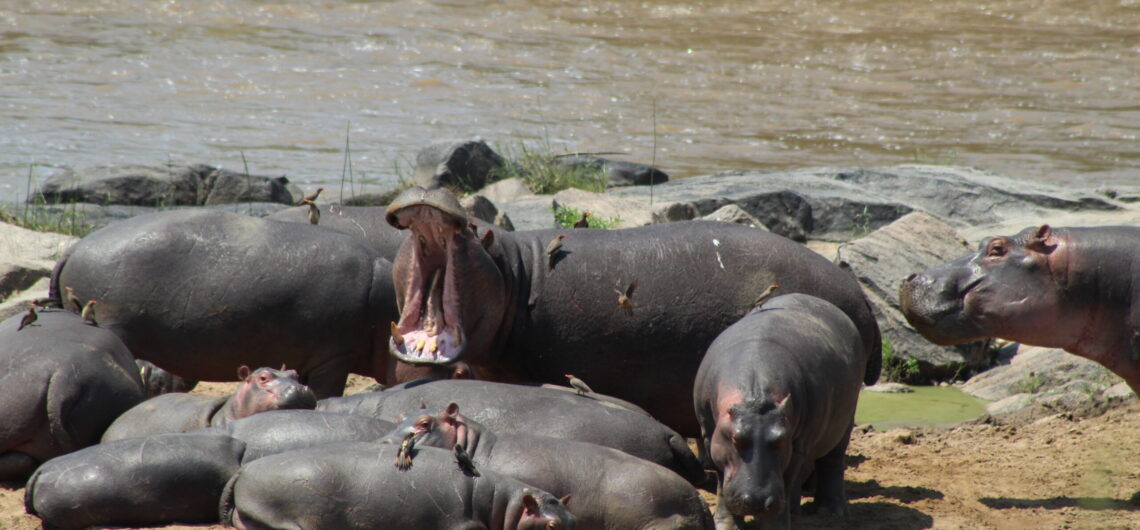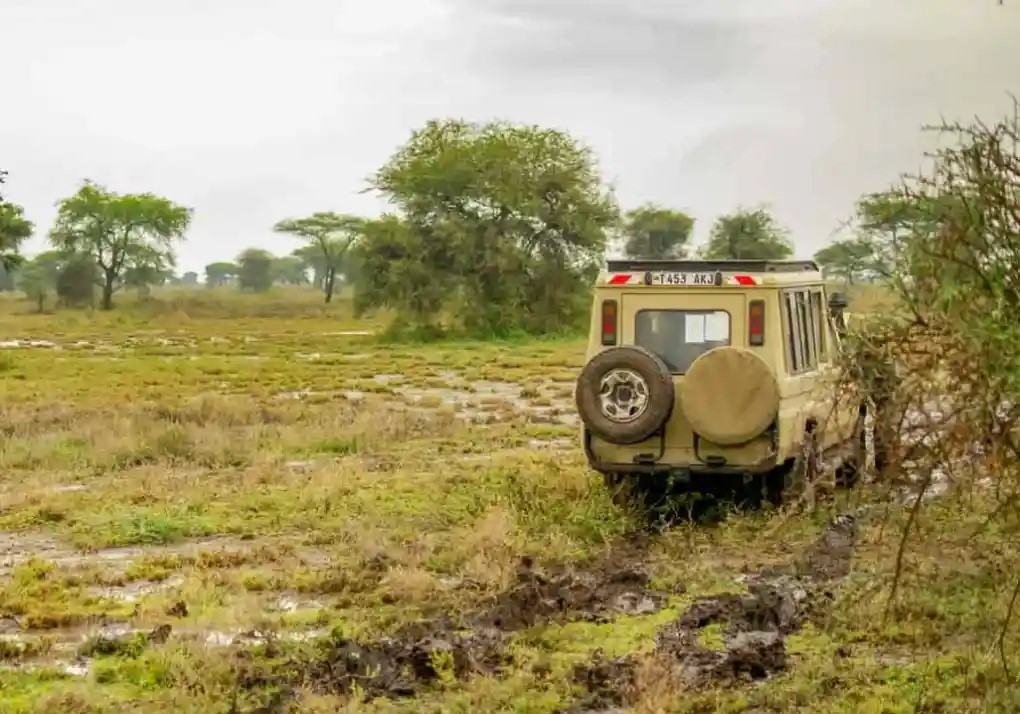
Covid-19 & Safari

Thank you for providing detailed information about vaccination requirements for traveling to Tanzania. It’s crucial for travelers to be aware of the health and safety protocols in place, especially considering the ongoing COVID-19 pandemic and other preventable diseases. Here’s a summary of the key points:
COVID-19 Vaccination Requirements:
- Online Health Surveillance Form:
- All travelers to Tanzania, including Tanzanians, returning residents, and layovers, must fill in an online Traveler’s Health Surveillance Form available here for Tanzania mainland.
- Vaccination Status:
- Fully vaccinated travelers are exempted from RT-PCR and Rapid Antigen Test requirements.
- Valid vaccination certificate with a QR code is required for verification upon arrival.
- Only vaccines approved by the Government of Tanzania and the World Health Organization are accepted.
- Unvaccinated or Not Fully Vaccinated:
- Negative COVID-19 RT-PCR or NAATs certificate with a QR code required within 72 hours before departure.
- Testing upon arrival using Rapid Antigen Test at the traveler’s own cost if not fully vaccinated.
- Testing for Specific Travel Modes:
- Different testing and isolation procedures based on air transport, international marine vessels, and ground crossing.
- Children aged 5 years and below exempted from testing requirements.
- Payment and Online Processing:
- Travelers eligible for Rapid Antigen Test are advised to pay online to avoid queues.
- Transit by Air:
- Travelers in transit by air are exempted from both vaccination and COVID-19 testing unless stated otherwise by the conveyance or final destination.
- Departing Travelers:
- Advised to check COVID-19 requirements of their country of destination or conveyance.
Yellow Fever Vaccination:
- Compulsory for travelers entering Tanzania.
- Required for passengers over one year of age arriving from countries with a risk of yellow fever transmission.
- Certificate needed even for transit longer than 12 hours.
Recommended Vaccinations for Kilimanjaro:
- Routine Vaccinations:
- MMR, chickenpox, Diptheria, tetanus, polio, and yearly flu shot.
- Additional Vaccinations:
- Hepatitis A & B, Typhoid, Tetanus, Rabies, Cholera, and Malaria.
- Preventive Measures for Malaria:
- Consider anti-malarial prevention, such as Malarone.
- Take precautions to avoid mosquito bites.
- Intestinal Trouble & Travelers Diarrhea:
- Practice good hygiene and cautious food and water habits.
- Medications to Bring:
- Antimalarials, antibiotic for bacterial diarrhea, Diamox (if prescribed), Ibuprofen, and purification tablets.
- Water Treatment on Kilimanjaro:
- Water treated with water guard tablets in Tanzania, but climbers can use their purification tablets if needed.
- Medical Check-up:
- Recommended to have a complete medical check-up from a doctor before the climb.
This comprehensive guide provides essential information for travelers planning to visit Tanzania, ensuring they adhere to health protocols and stay safe during their journey.
Pre-Travel Preparation:
Health Surveillance Form:
Before traveling, all individuals, including Tanzanians, returning residents, and layovers, must fill in an online Traveler’s Health Surveillance Form available at afyamsafiri.moh.go
Vaccination Status:
Fully vaccinated travelers are exempted from RT-PCR and Rapid Antigen Test requirements.
Valid vaccination certificate with a QR code is required for verification upon arrival. Only approved vaccines are accepted.
Testing for Unvaccinated/Not Fully Vaccinated:
Unvaccinated or not fully vaccinated travelers must present a negative COVID-19 RT-PCR or NAATs certificate with a QR code obtained within 72 hours before departure.
Testing on Arrival:
If not fully vaccinated, travelers may be tested for COVID-19 upon arrival using a Rapid Antigen Test at their own cost ($10 for Tanzania Mainland).
Payment and Online Processing:
Travelers eligible for the Rapid Antigen Test are advised to pay online to avoid unnecessary queues upon arrival.
Testing for Specific Travel Modes:
Different testing and isolation procedures based on air transport, international marine vessels, and ground crossing.
Children Exemption:
Children aged 5 years and below are exempted from both RT-PCR and Rapid Antigen Tests requirements.
Yellow Fever Vaccination:
Compulsory:
Yellow Fever vaccination is mandatory for travelers entering Tanzania, especially for those arriving from countries with a risk of yellow fever transmission.
Certificate Requirements:
Travelers over one year of age need a valid yellow fever vaccination certificate. This includes those in transit for more than 12 hours.
Recommended Vaccinations for Safaris:
Routine Vaccinations:
Ensure routine vaccinations are up to date, including MMR, chickenpox, Diptheria, tetanus, polio, and yearly flu shot.
Additional Vaccinations:
Consider vaccinations for Hepatitis A & B, Typhoid, Tetanus, Rabies, Cholera, and Malaria.
Malaria Prevention:
Take precautions for malaria prevention, including anti-malarial medications, mosquito repellent, and using mosquito nets.
Hygiene Practices:
Practice good hygiene to prevent intestinal trouble and travelers’ diarrhea.
Traveling on Safaris:
Water Treatment:
Be aware of water treatment methods, such as water guard tablets in Tanzania. Travelers can use their purification tablets if needed.
Medications to Bring:
Carry essential medications, including antimalarials, antibiotics for bacterial diarrhea, Diamox (if prescribed), and Ibuprofen.
Medical Check-up:
Before the safari, consider a complete medical check-up with your doctor.
Departure Information:
Check Requirements:
Before departure, check COVID-19 requirements for your country of destination or conveyance.
General Advice:
Stay Informed:
Stay updated on the latest travel advisories and health guidelines from authorities.
Safety Measures:
Follow safety measures such as wearing masks, practicing social distancing, and maintaining hand hygiene.
Consult with Healthcare Professionals:
Consult with healthcare professionals to assess your health status and discuss any specific health concerns.
By following these guidelines and staying informed, travelers can enjoy a safe and fulfilling safari experience in Tanzania during the COVID-19 pandemic.

